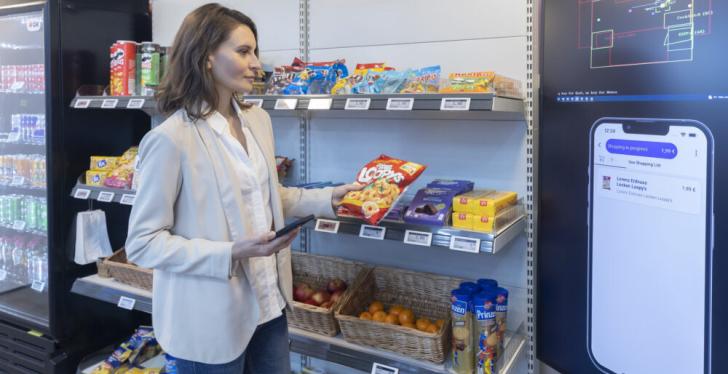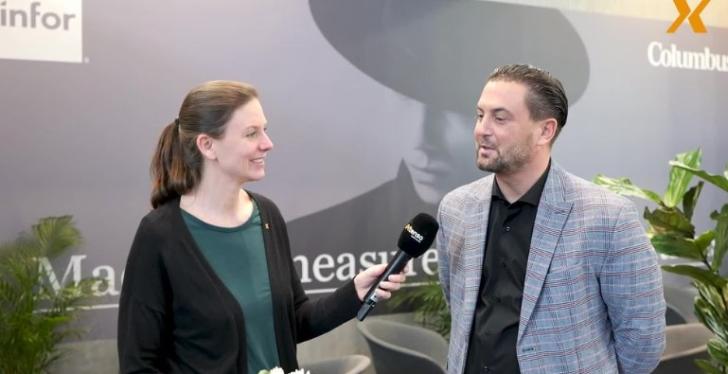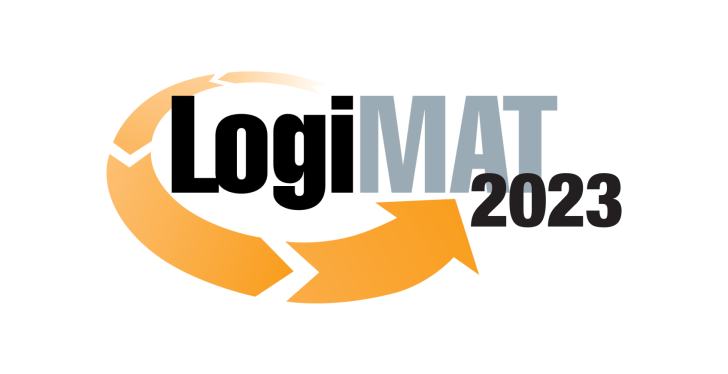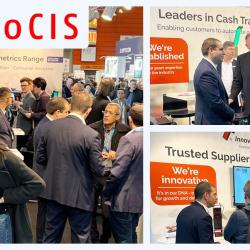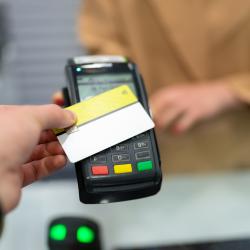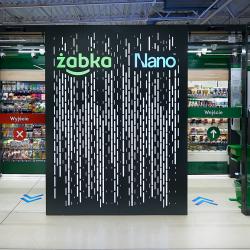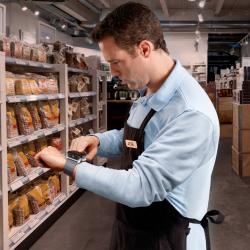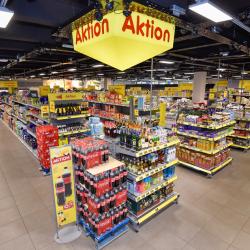Interview • 24.06.2010
“Retail has developed many strategies with its suppliers“
Interview with Dr. Christian Kille, Fraunhofer SCS
The Fraunhofer-Task Group of Technologies for Logistics in the Service Industry (=Arbeitsgruppe für Technologien der Logistik-Dienstleistungswirtschaft (ATL) has changed its name in November 2009 to Supply Chain Services (SCS). The group responds to a trend where logisticians aside from transport provide more services to their customers, like for example assembly, labelling or coordination. Fraunhofer SCS is an independent science team of 45 members. Their market analysis is coordinated by Chief Operating Officer Dr. Christian Kille. He is answering our questions on Supply Chain Management in the retail business.
The logistics sector is actually not doing so bad considering the economic crisis. Why is that? How are the numbers developing?
Let’s put it this way, in 2008 logistics had a big slump of about 9 percent. It was considerably higher than the GDP, but not quite as high as in some other popular industry branches like the Automobile-or Engineering sectors. For it to be part of the subtle boom right now, is thanks to the great flexibility and innovation of companies. Nonetheless, several companies are in trouble and are faced with big challenges.
How good is the Supply Chain Management in retail – compared to say the industry?
Supply Chain Management is a matter of definition: Many define it as business only between themselves and adjacent partners, while yet others consider it to be the entire chain from initial production to final consumption. The latter view is also the actual definition. Retail together with its suppliers has developed and initiated many strategies – particularly the ECR – , which was also successfully introduced. Here, very different challenges form the basis, which is why both retail and industry are difficult to compare with one another. Both offer great solutions in several products groups.
What skills does a good Supply Chain Manager need?
He/she needs to be flexible in their thinking, be able to engage with their partner in the chain, and recognize their needs and potential. He/she needs to have a cooperative way of thinking, geared toward mutual gains and the ability to look beyond one’s own nose.
How can retail lower costs in their supply chain?
By reducing inventory and out-of-stock-situations, by targeted and individual category management, by robust and cooperative planning of promotions for example and by optimization of the transport chain.
Keyword RFID: Containers and pallet are getting a radio chip. For which commodity group does item tagging make sense?
Quite possibly it never makes sense, because it just simply is not always sensible. Even today not all products have a barcode. Right now, item-tagging only makes sense for products with high value – monetarily or in terms of quality – or if new sales can be generated through new supply of services – for example expensive luxury items, blood bags and spare parts for aviation.
Automatic ordering processes and forecasting-software are meant to prevent out-of-stock situations. How realistic are the hopes that are involved in this?
Great planning software is the only chance to reduce out-of-stock situations. That’s why the potential is high, but hard to put into practice. Not just operating figures should flow in here, but also qualitative – psychological – factors like for example the shelf location, press about the product, trends in the consumer market etc., should be factored in. This is a complex undertaking.
There are more and more traffic jams on the freeways and towns making city logistics difficult with environmental zones. How should businesses react?
City logistics is a great way to reduce transport costs in inner cities. Especially through cooperation of retail in terms of supply, traffic circulation can be cut down. You can also improve your own CO2-balance sheet.
Does the railway have a future in Supply Chain Management?
Yes, but only for specific product lines and in specific relations. It makes sense to transport clothes, toys or the like via rail from China to Europe – at least in the future. In addition, the CO2 footprint can be improved through these grouping potentials – just like it was already successfully done in Austria by Rewe and also Danone Waters. Intelligent solutions like the PalletFlow-System, which was initiated by the Fraunhofer SCS,makes it also possible to process pallet goods from manufacturer to retail through the railway system.
Interview by René Schellbach,
eurocis.com
channels: supply chain management


